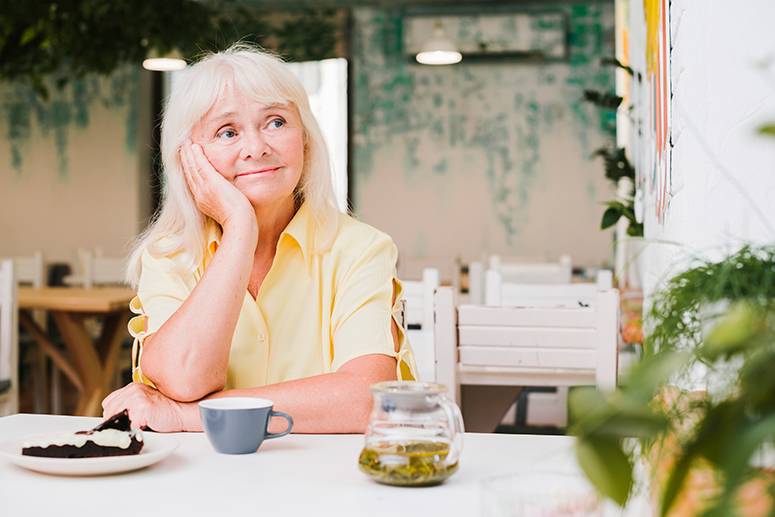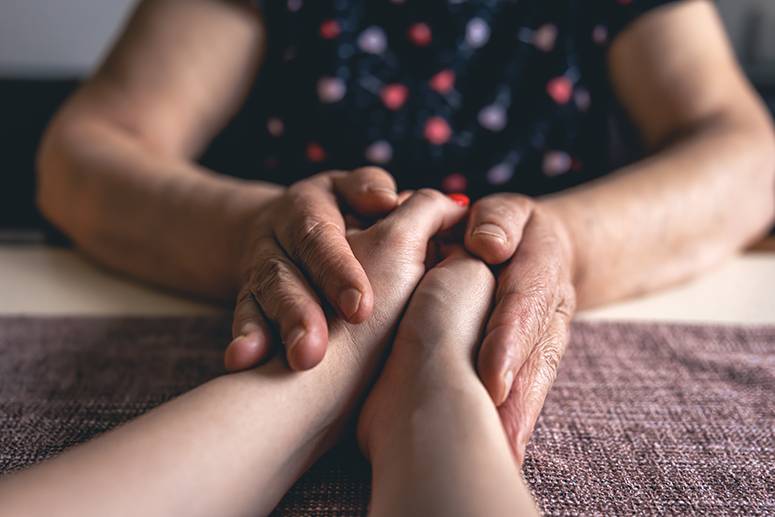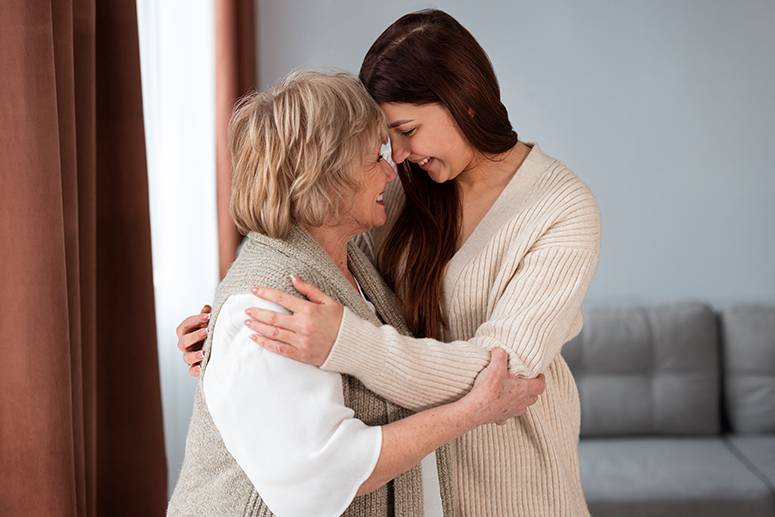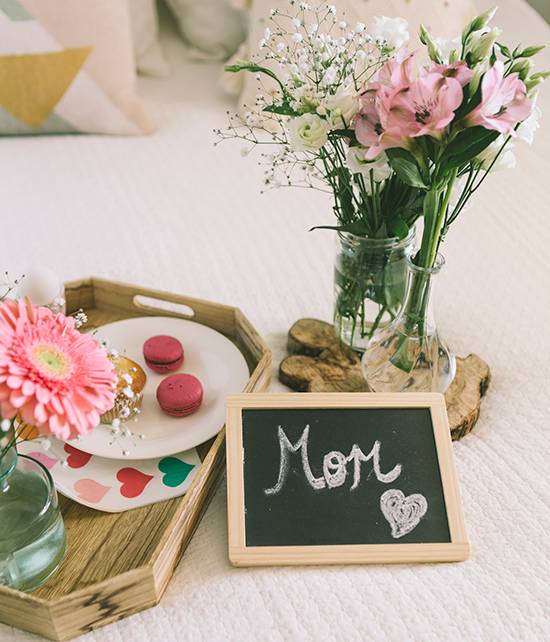A love that remembers
On Mother’s Day, we honor the women who raised us, who knew how to turn leftovers into feasts and lullabies and fairy tales into therapy. These are the women who gave us everything, even to the point of self-deprivation. You’ve probably heard it before: “Isusubo na lang, ibibigay pa sa ‘yo.” (“Just about to put it in their mouth, but they still give it to you.”)
We celebrate their lives with feasts, presents, flowers, cards, calls and memories. But what happens when the mothers we love no longer remember?
I once attended a vigil for a friend’s mom. She had lived a quiet life, or so we thought, until eulogies revealed otherwise: stories of strength, sacrifice, and a legacy of love. A seemingly ordinary woman, it turned out, had been extraordinary all along. Still, many mourned how she had “faded away” because of Alzheimer’s.

Earlier that same day, I had visited my own mother Otilia, now 89. Her face lit up when I walked in—not because she recognized me as her son, but because she thought I was her younger brother. She called me by his name with such joy that I didn’t correct her. Why would I? Joy is joy. Recognition is a bonus.
She wasn’t always like that. COVID-19 somehow sped up her mind’s decline faster than she could shout “Pong!” in her mahjong-playing days. Still, her smile remains, and it’s infectious. Her hands, once busy counting money (she was the company treasurer) or feeling mahjong tiles, now struggle with simple tasks like holding utensils. She may no longer know me, but I know she feels me. And perhaps, that’s the more important kind of knowing.
Years ago, I used to wonder if memory loss was a kind of rehearsal for death—a slow unspooling of the self, as if life were preparing us to travel lighter into whatever lies ahead. Like how things you’ve lost often reappear only after you stop searching for them. (Or perhaps, as Filipino folklore suggests, playful dwarfs just “borrowed” them.)

There’s something mysterious about how we lose our memories. Muscles sag, bones weaken, the pace slows, and just when we think we’ve accepted all the changes of aging—poof!—the mind begins to slip. Not all at once, but in flickers, like a computer buffering, or a house where the lights go out one room at a time.
Believe me, for someone who lives for and through stories, this anxiety is the stuff of existential crises, if not nightmares, with a laugh track or sampler from the Twilight Zone theme.
She used to feed me, joking that I ate too much; now we aid her during meals as we marvel at how she enjoys the food lovingly prepared by my sister especially for her.
Of course, we all want our moms to stay whole, to remember birthdays, favorite meals, the inside jokes. But dementia, for all its tragedy, offers a surprising kind of clarity. While we carry the burden of knowing what’s being lost, the person living with dementia often seems… freer, liberated from grudges, regrets, to-do lists, and deadlines. They no longer recall the arguments over fashion or relationship choices, disappearances at a time when there were no mobile phones yet, or—in my case, at least—that time I nearly set the neighborhood on fire trying to play Shazam with a box of matches. To some degree, there’s a kind of peace in that oblivion. Not knowing becomes a priceless gift.
And maybe that’s not forgetting as punishment, but forgetting as mercy.

Letting go of memory may be our body’s final rite of passage. Our brains, after all, are hoarders. They keep landline phone numbers from decades ago, college student numbers (I certainly remember mine), the aroma of homecooked kare-kare, lyrics to most ’80s hits, and the smell of your first love’s perfume (or the stench of your first bad kiss). Maybe the slow deletion is our soul’s way of tidying up. Not everything needs to be carried to the finish line. Maybe we were never meant to.
There’s a scene from Guardian: The Lonely and Great God, where the Grim Reaper offers tea to souls before they cross over, a tea that erases all memories, everything unnecessary for the hereafter. It’s meant as a gift. Dementia, in its own strange way, mirrors that ritual: an unchosen forgetting that gradually unburdens a person from the weight of a fully lived life.
Of course, it’s not always peaceful. There are moments of confusion, frustration, and loss. But there are also moments of lightness, humor, even joy. My mom, for instance, has called me by my uncle’s name a few times in one visit—but each delivered with such affection that it doesn’t really matter. When she reaches for my hand, it’s with childlike trust, as though she knows one thing for certain: You love me. I love you. That’s more than enough.

We often think of dementia as a thief. Yes, it steals: names, dates, faces, stories. But it also gives. It gives us presence. It strips life down to its essence. It cleanses and shows us that love, at its core, doesn’t need a backstory or an ID badge. It just is.
Some days, it feels like my mom is walking backward through time, becoming less my mother and more the child I once was. But isn’t that a beautiful symmetry? She carried me when I couldn’t walk. Now I steady her steps, one foot at a time. She used to feed me, joking that I ate too much; now we aid her during meals as we marvel at how she enjoys the food lovingly prepared by my sister especially for her.
And the laughter—we must talk about the laughter. Dementia has a funny bone. Sometimes we can’t help but laugh at the absurdity of a moment. And that laughter isn’t cruel. It’s healing. It’s a reminder that life, even in its twilight, can still surprise us with joy. It’s what makes this journey not just bearable, but beautiful.
So this Mother’s Day, let us love our mothers not just for who they used to be, but for who they are now, in all their complexity, in their childlike wonder, in their moments of quiet presence. Let’s thank them for the decades they spent remembering everything for us—birthdays, allergies, embarrassing milestones. And let’s offer them, now, the peace of forgetting. The forgiveness of forgetting. The freedom of forgetting.
Because in the end, it’s not the memories stored in the brain that matter most. It’s the love embedded in the heart.
And that never fades.


